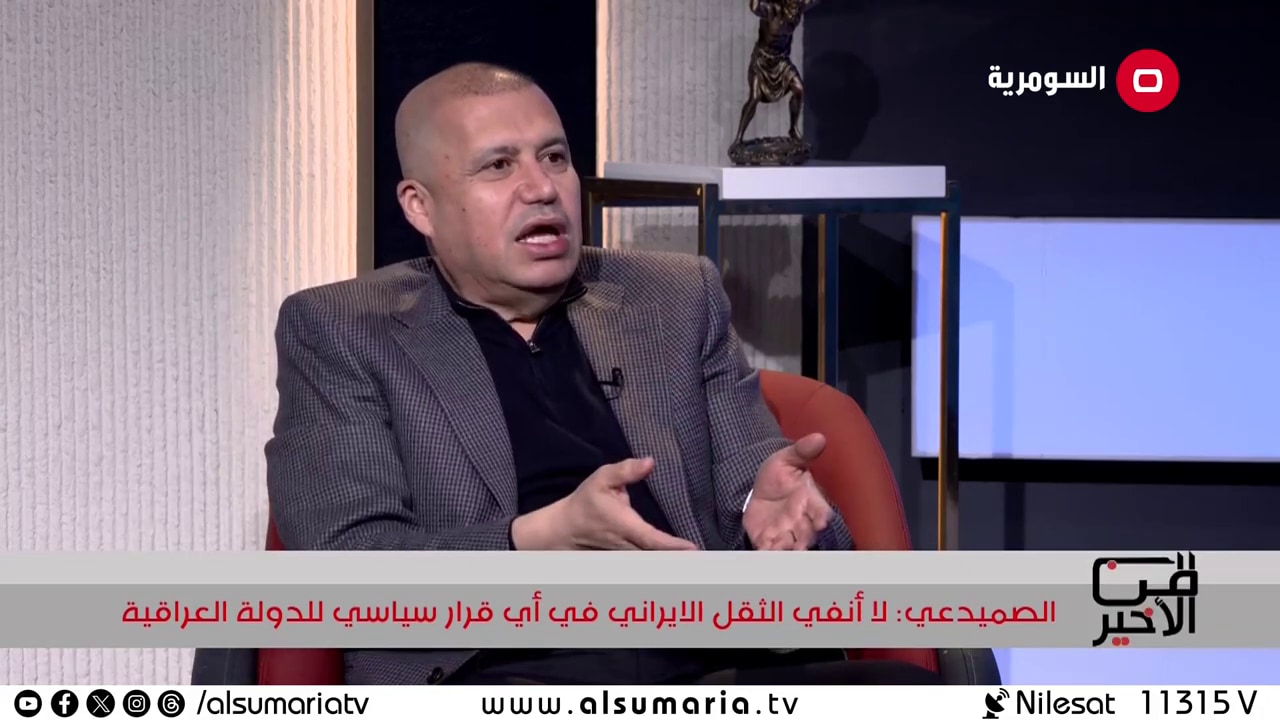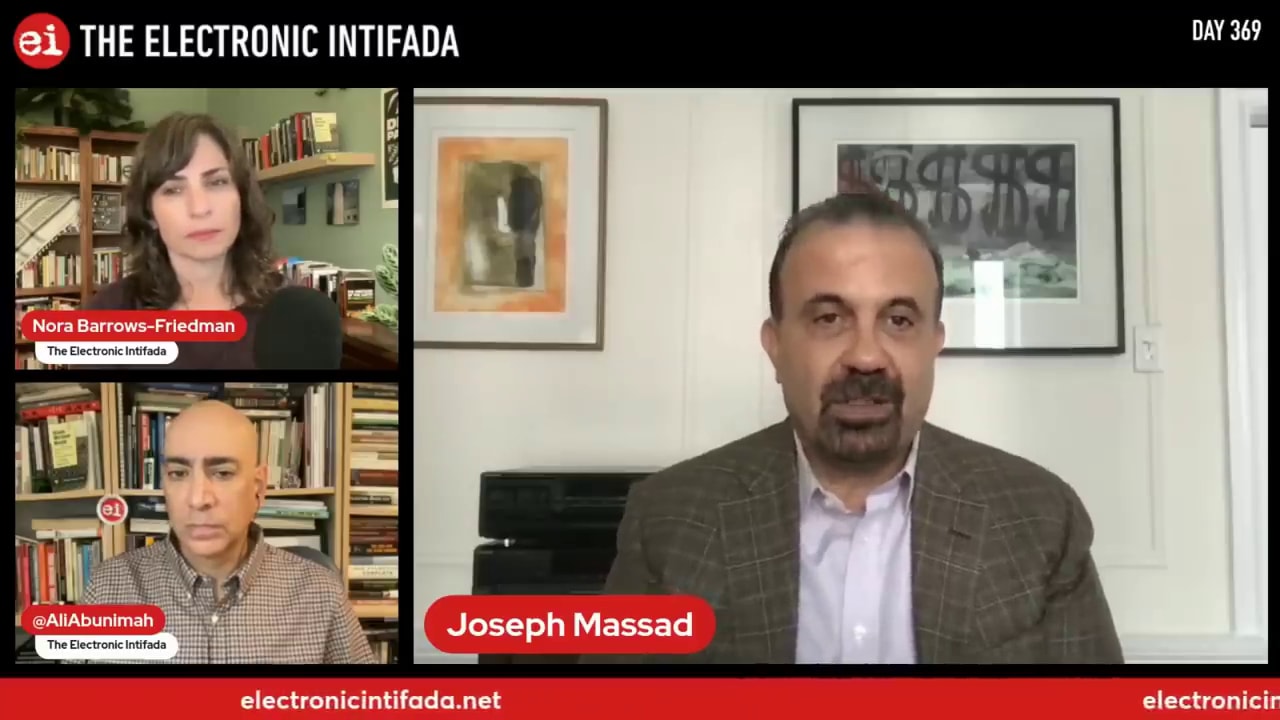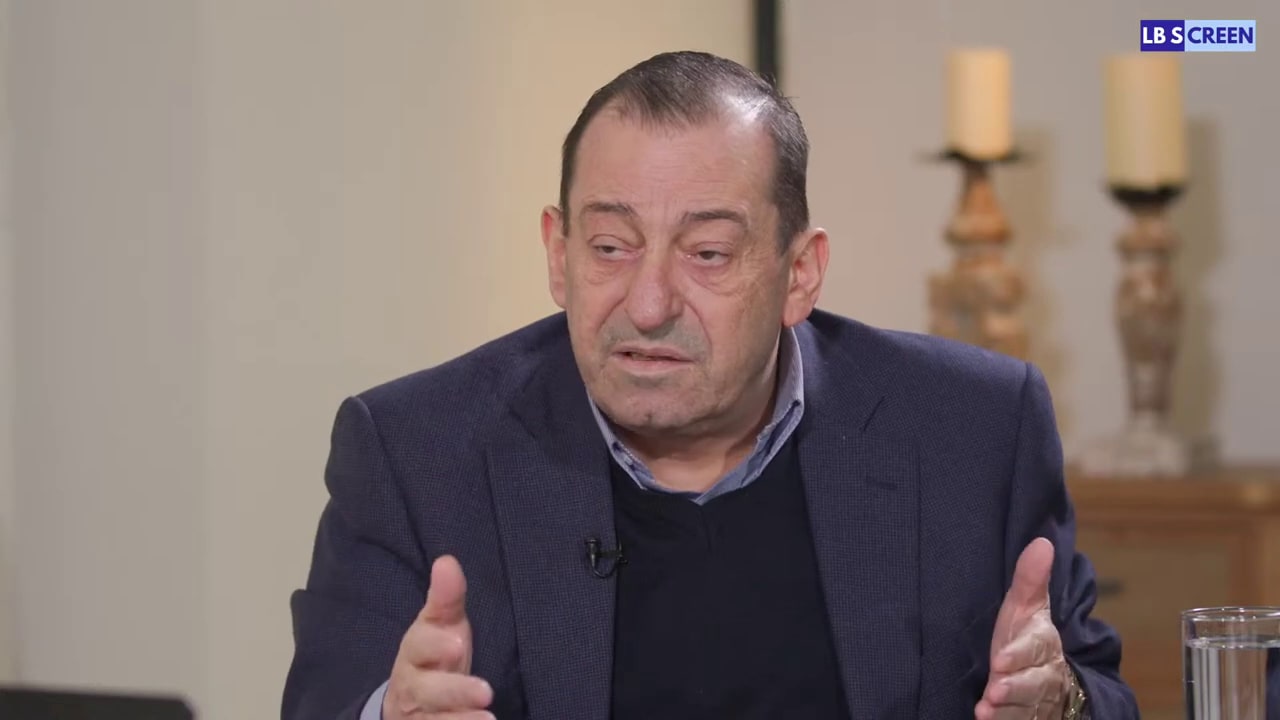
Following are excerpts from an interview with CAIR Executive Director Nihad Awad, which aired on Iqra TV on December 27, 2012:
Interviewer: Once again, I greet you from the USA, and specially, from New York. Today’s topic is the American Islamic organizations.
Nihad Awad: In my view, Islam and the US are twins, linked by common values. The values on which the US was founded are the same values advocated by Islam: freedom, and especially freedom of religion, freedom of speech, protection of minorities, and spreading justice among all sectors of society.
[...]
The combination of my American nationality and the practice of my Islamic religion creates a beautiful blend, I believe. This is a civilized blend, which proves that Islam flourishes in an atmosphere of freedom, and spreads freedom, justice, and equality. Every day I live as an American-Muslim citizen, I rediscover the firm bonds between the humane system that the US created for its people, and the values advocated by Islam. This marriage of Islam and the US will be the best suited for humanity, because the Islamic values are divine values, conveyed by Allah. The Prophet Muhammad lived by these values, and Muslims today must rise to their level. The US is not perfect, but it is moving “toward a more perfect union.”
[...]
It is extremely important to know how Islam began in the US. There are historical accounts according to which the Muslims preceded Columbus, who is said to have discovered the US. Some documents and accounts indicate that Muslim seafarers were the first to reach the US. The bottom line is that Islam played a part in the establishment and development of the US.
[...]
Islam’s worldview is one of coexistence, of respect for pluralism, and of peace. Allah says in the Koran: “Oh Mankind! We have created you male and female, and have made you nations and tribes so that you may know one another. The noblest of you, in the sight of Allah, is the most pious among you.” This is a very important humane, social, and political principle. This is the principle of interacting with the other, be it nations, individuals, institutions, or countries. This verse was conveyed 1,400 years ago. This is a very important principle on how we should interact with others. As Muslims, we are not hostile to other societies. The underlying principle guiding our relations with them is one of respect for the natural differences between individuals, nations, and societies, but there are also common interests. Diversity in Islam is a good thing, not a shortcoming. Most of the wars waged between nations were the result of failure to respect and acknowledge the other.
[...]
When I said that Islam and the US are twins, I was referring to the values upon which the US was founded. I was talking about domestic affairs. US society consists of all of humanity – all the ethnicities, a society of immigrants. The US is the most diverse human union. How did the US manage to create this human fabric? This human experience was, undoubtedly, based on very important principles, which are identical to the Islamic values. The problem lies in the foreign policy. We are not talking about the foreign policy. I am one of the most adamant opponents of my country’s policy... Foreign policy is another matter altogether.
[...]
After 9/11, we saw great interest among the American public in becoming better acquainted with Islam by studying and reading about it. We found that very few books on Islam were available in the public libraries, which are frequented by many Americans, and that most of these books were misleading or anti-Islamic. Therefore, we decided to publish several books on Islam, written by Muslims and non-Muslims. We decided to send them free-of-charge to the American public libraries.
[...]
There are 16,200 public libraries in the US, serving 300 million Americans. We managed to provide this collection, free-of-charge, to half of these libraries.
[...]
With regard to our sister Aafia Siddiqui, this is undoubtedly a sensitive criminal case and a security issue.
Interviewer: Who is she?
Nihad Awad: Aafia Siddiqui is originally from Pakistan, as far as I know. She is incarcerated in the US, having received a long prison sentence, for her alleged involvement in – quote, unquote – “terrorist acts.” We are in CAIR are following this case, through our New York chapter. In 2013, in the coming weeks, we will dedicate more attention to her. We will follow the case, and see what we can do.
[...]
I personally intervened in this case, without talking about it in the media. I can reassure the brothers and sisters who called this show that I have personally dealt with this case on a high level in the US, and even in diplomatic circles. When we have any news, we will let you know.
[...]














